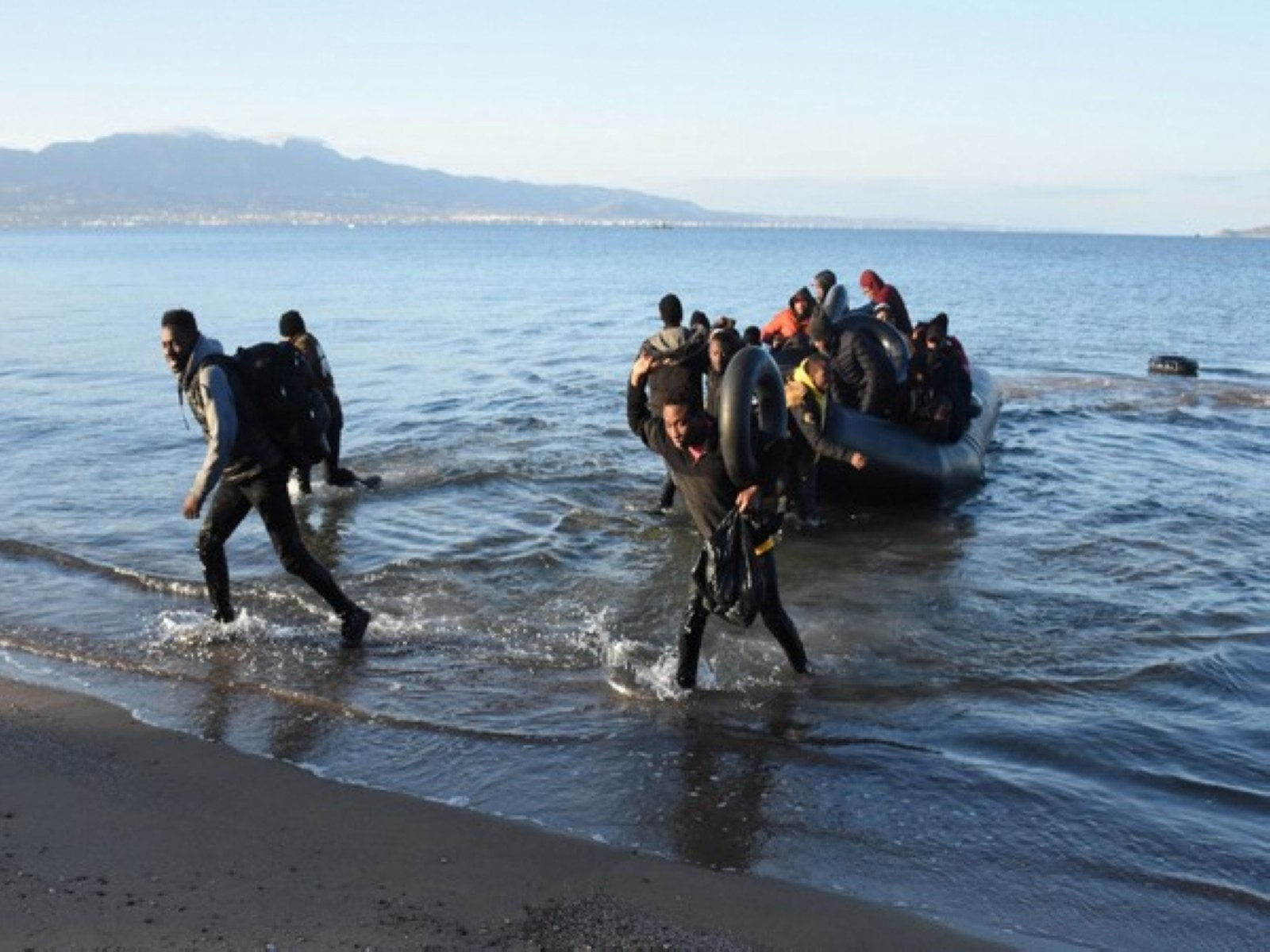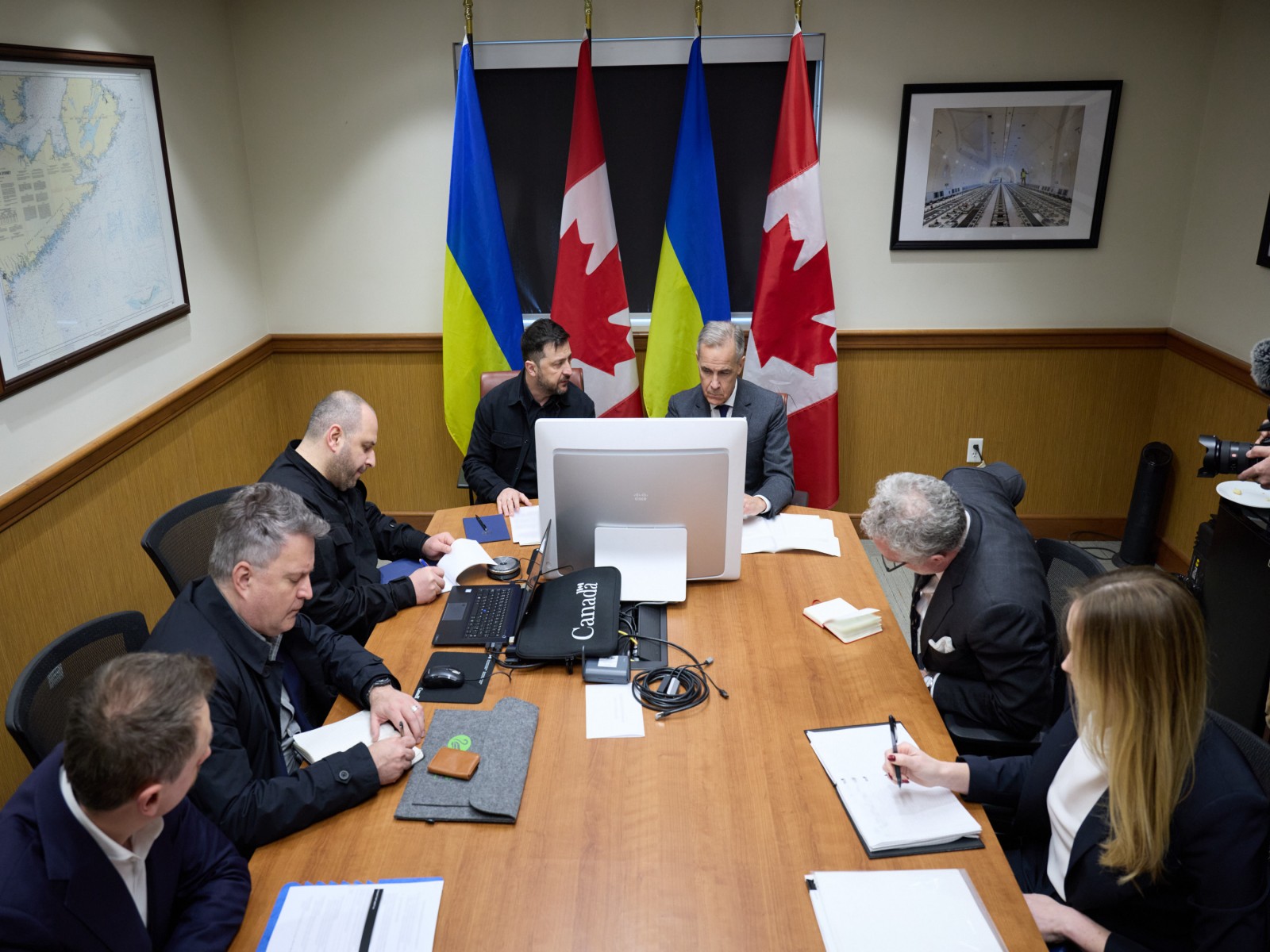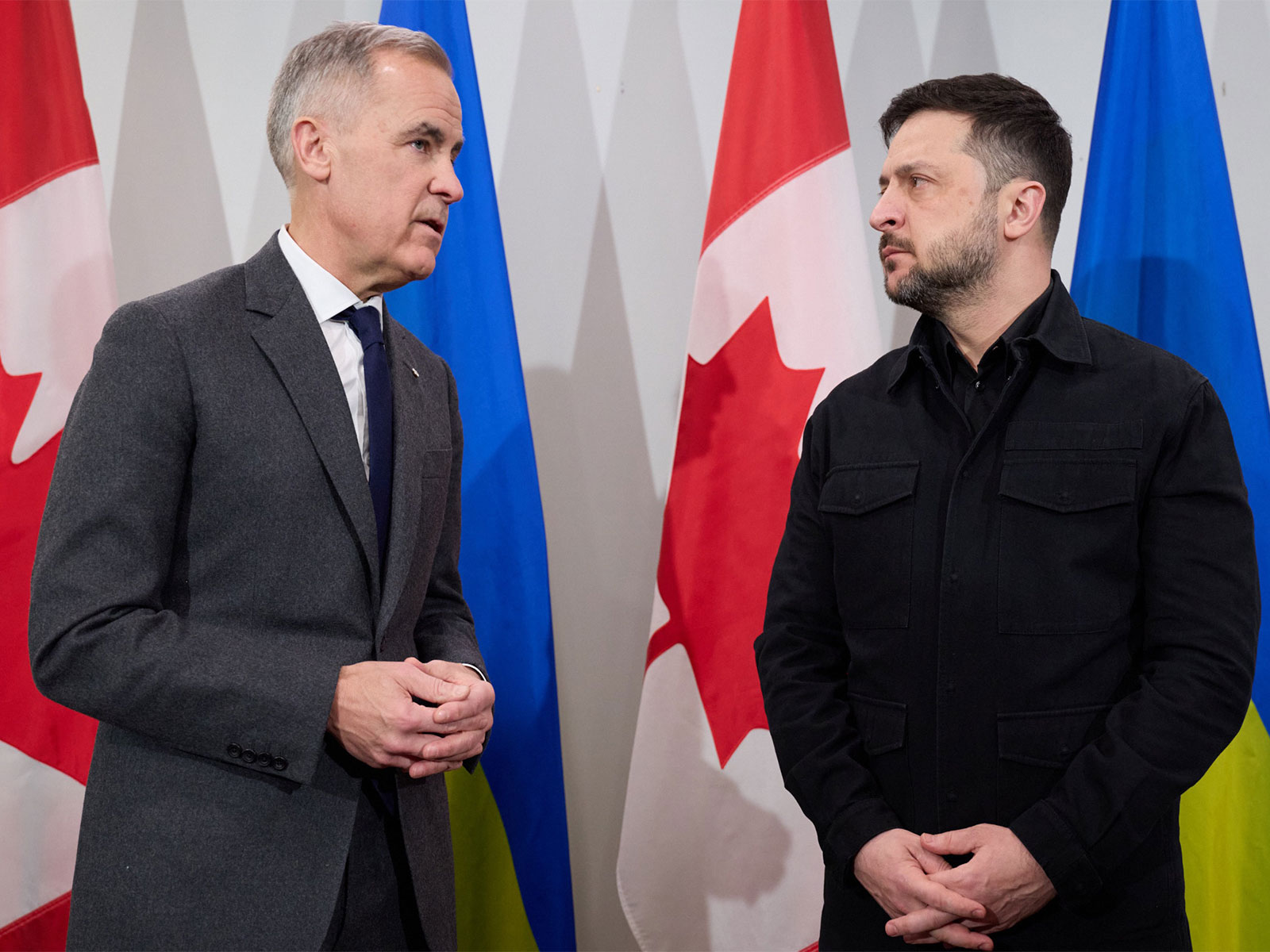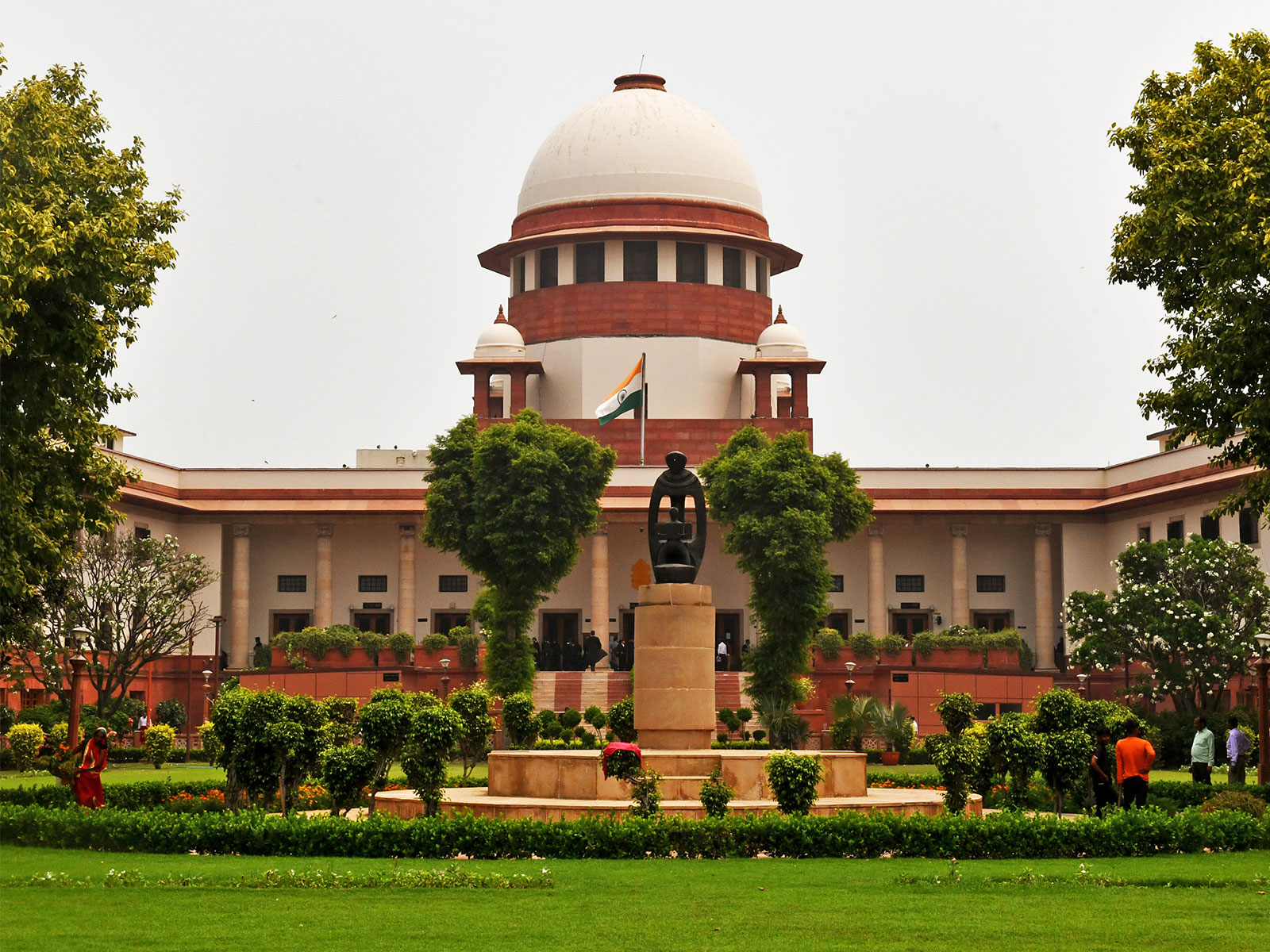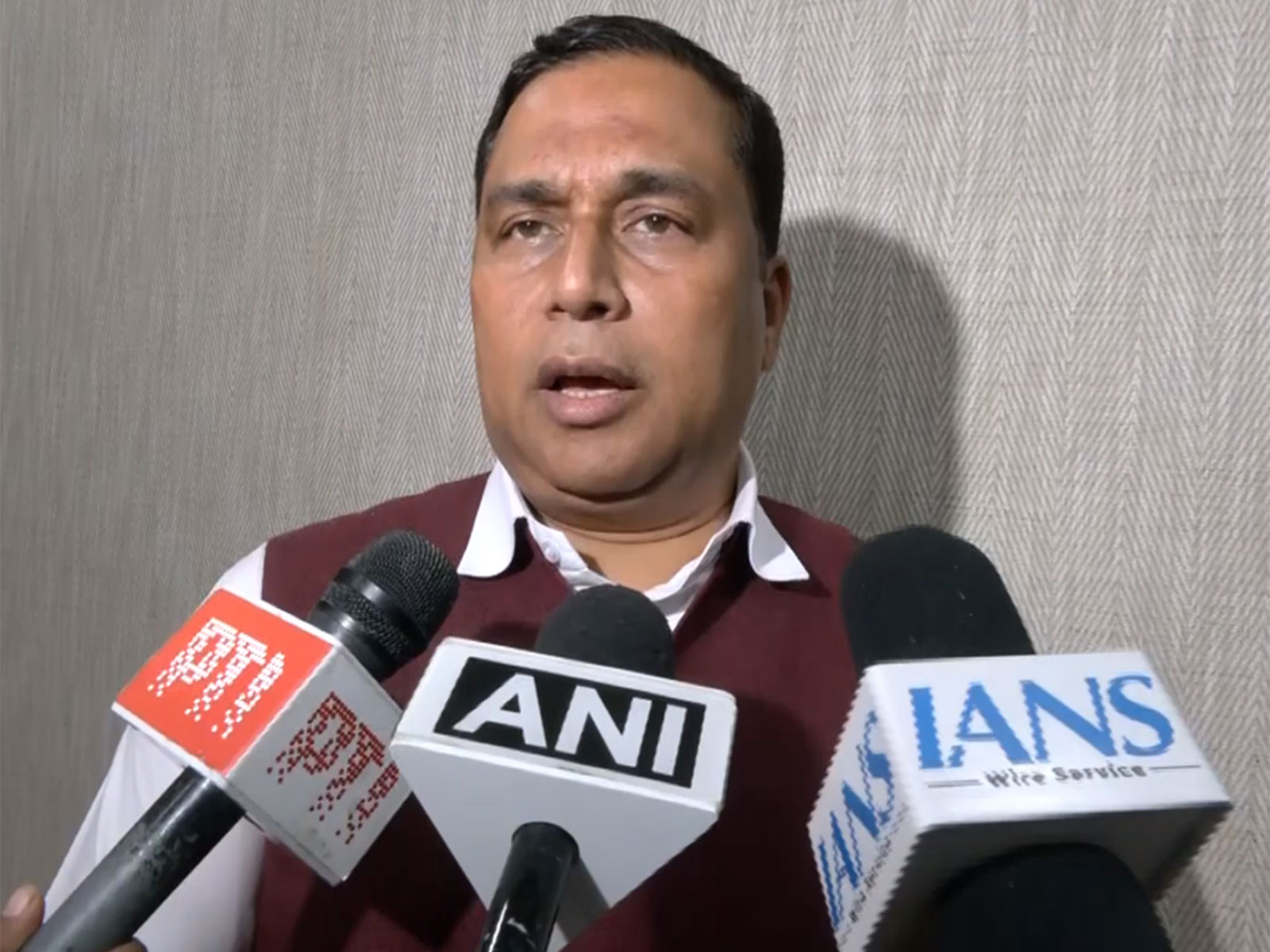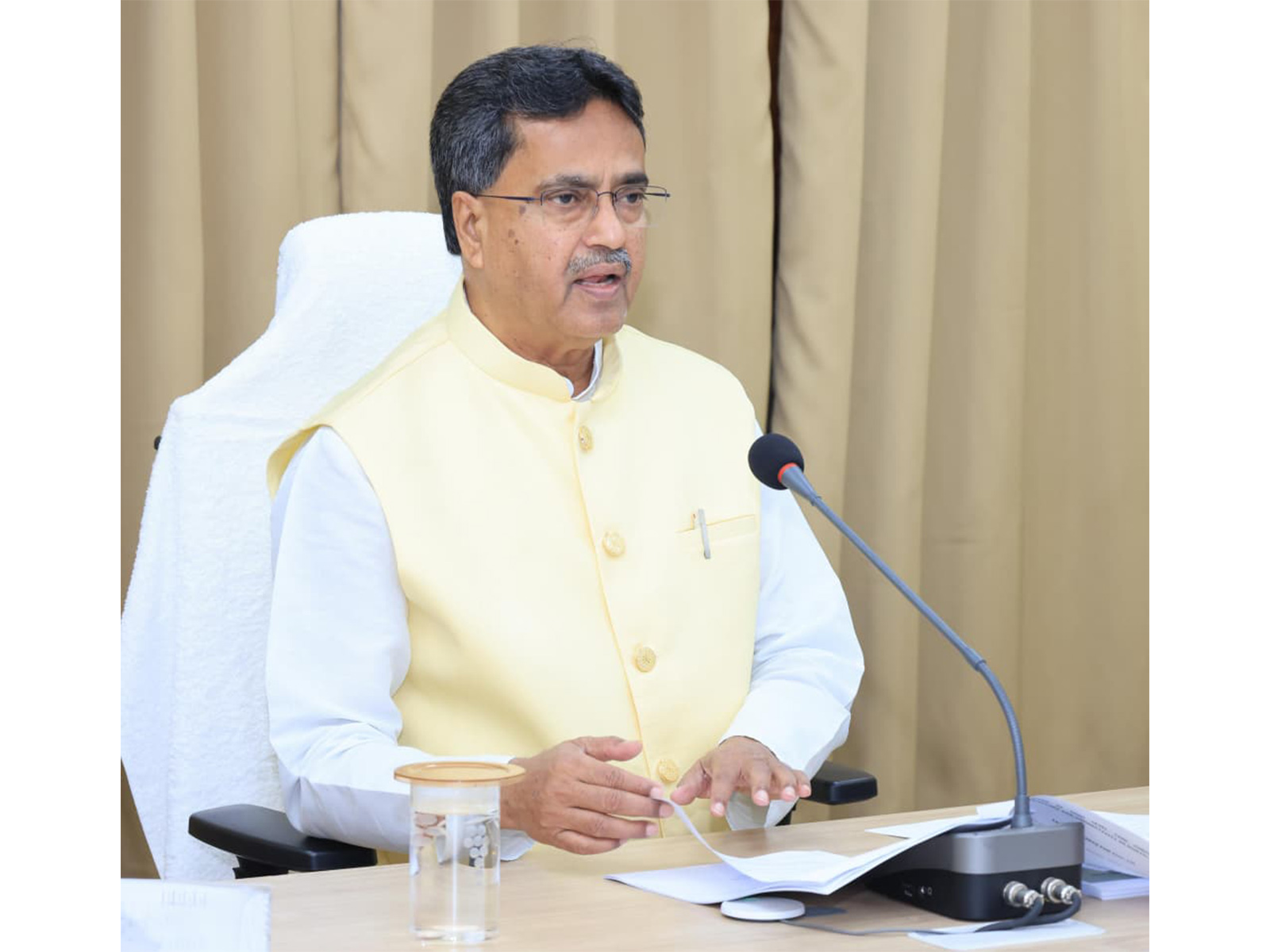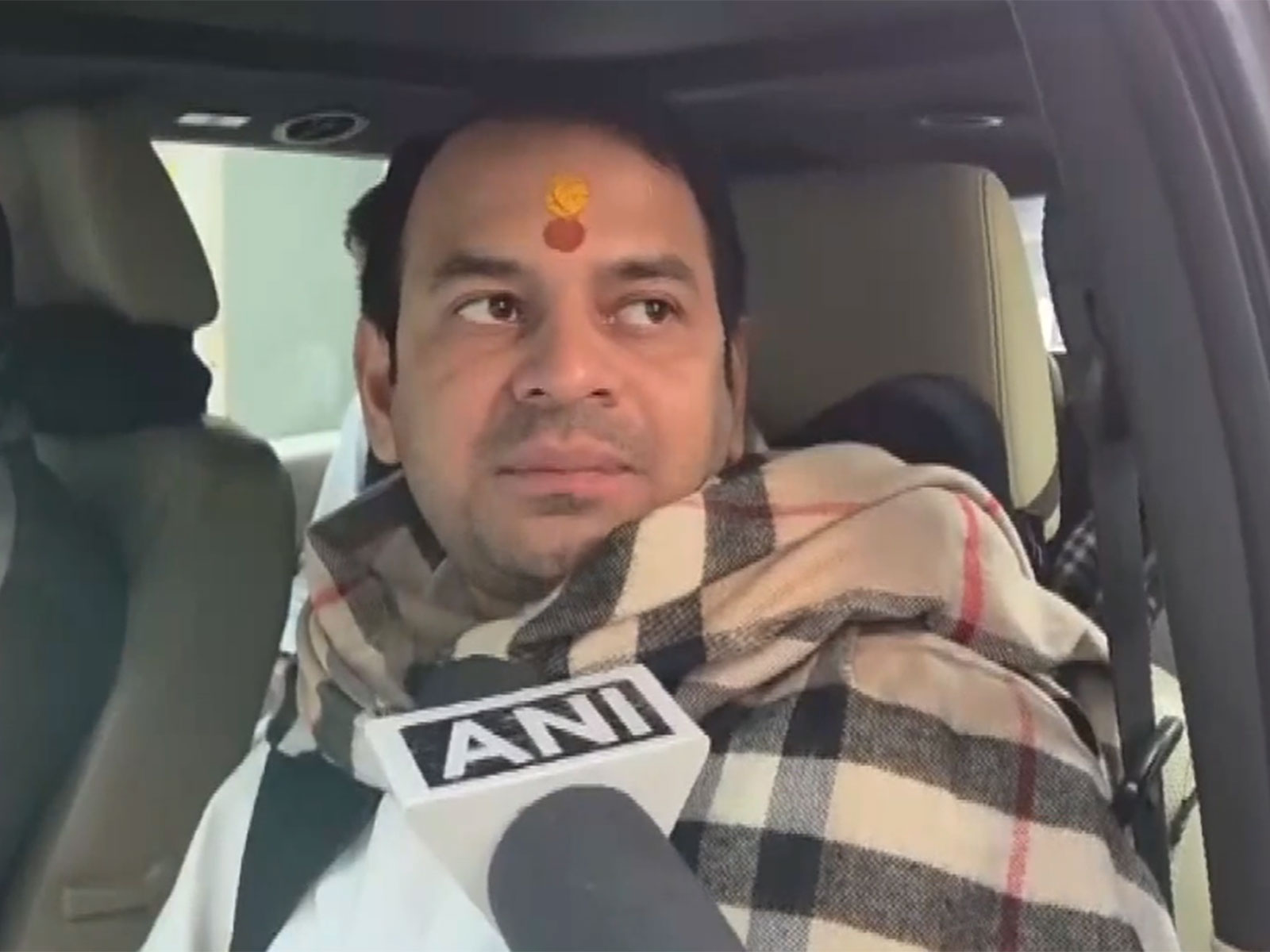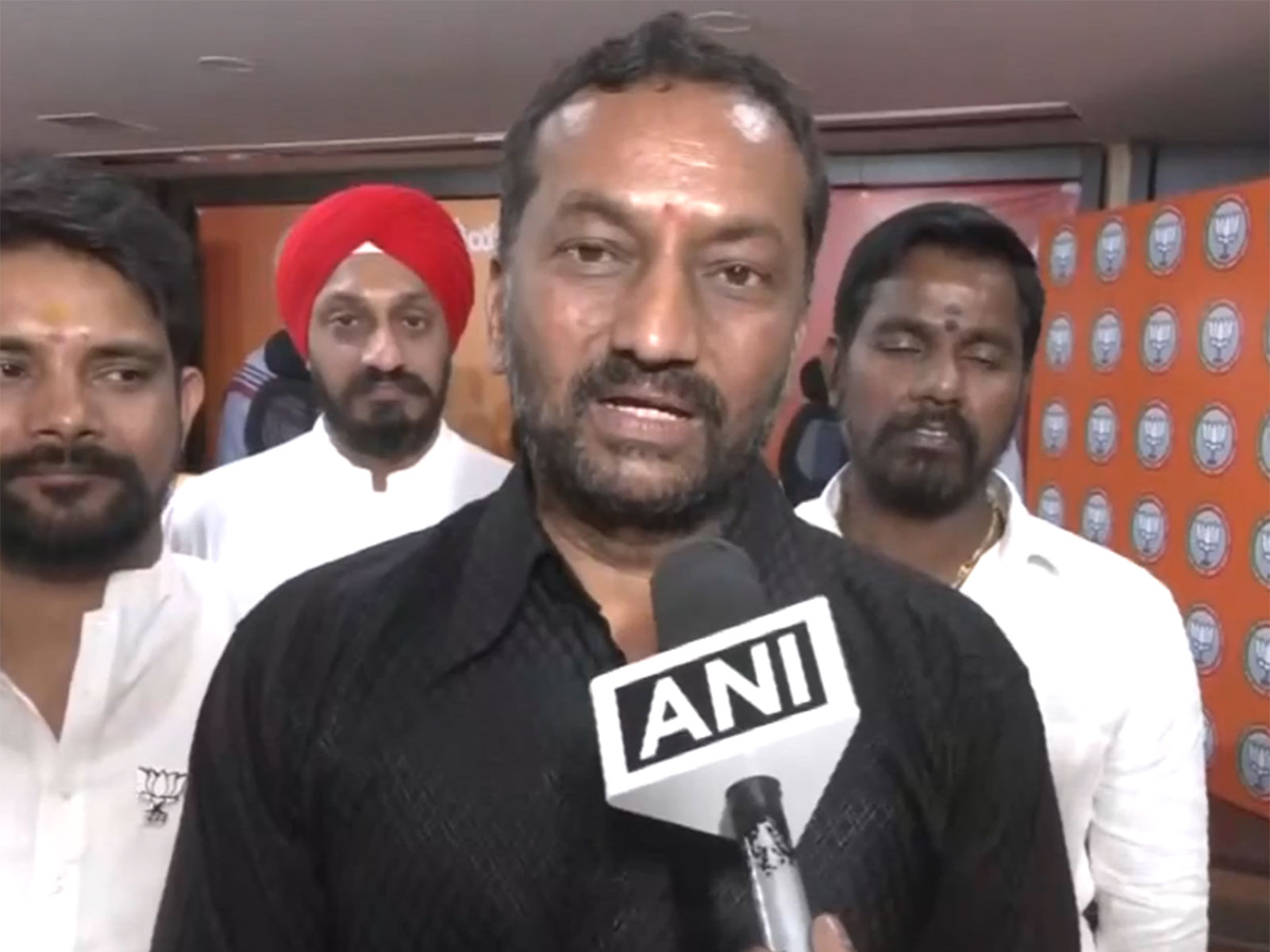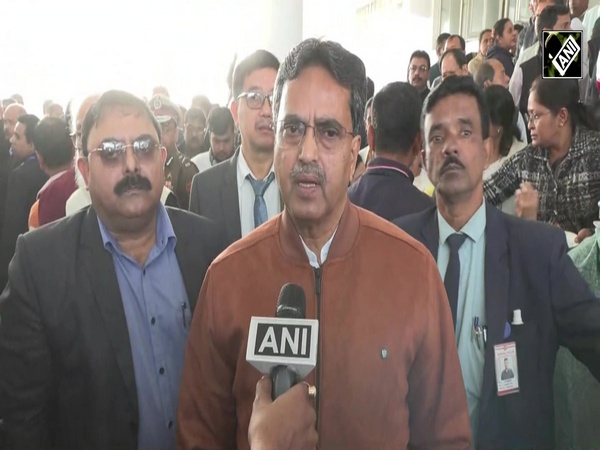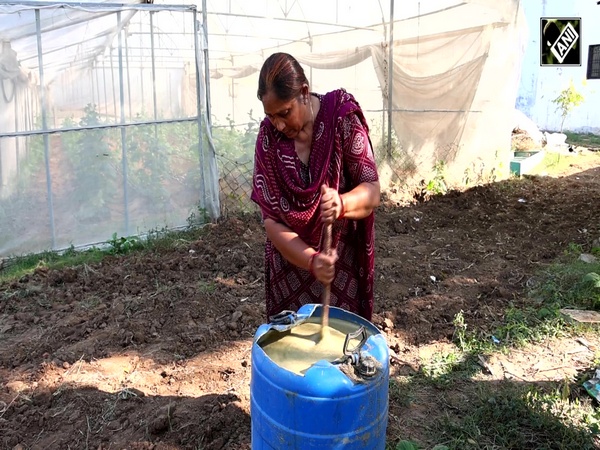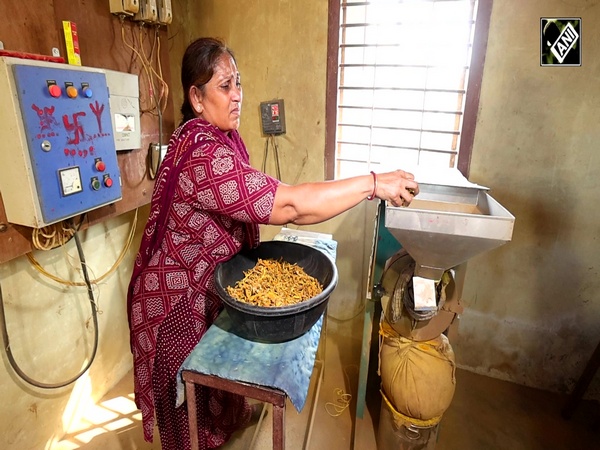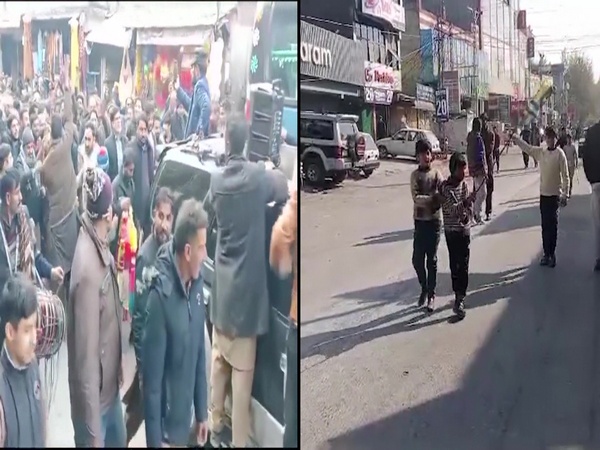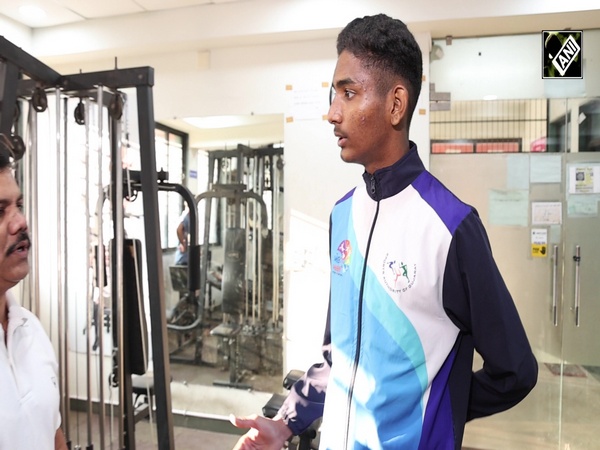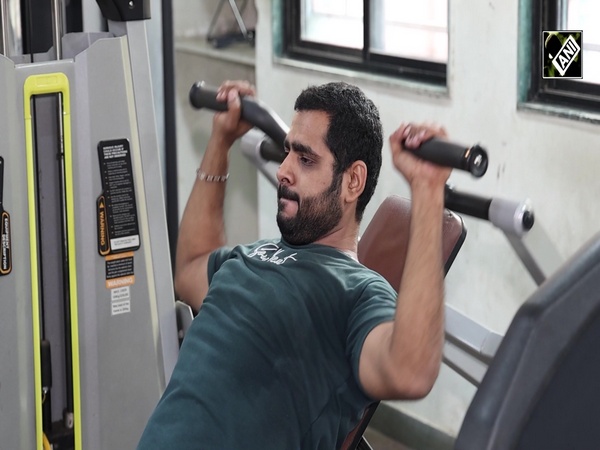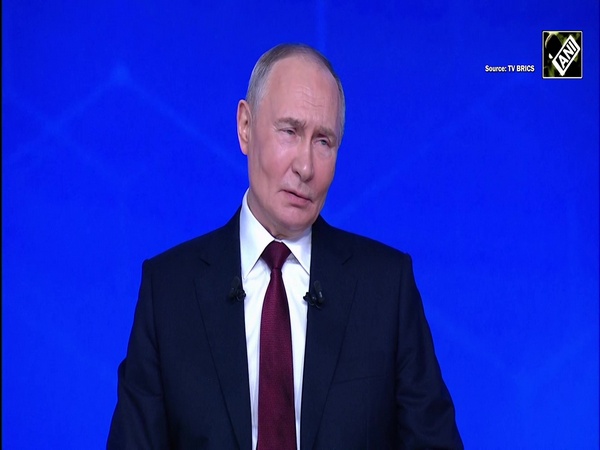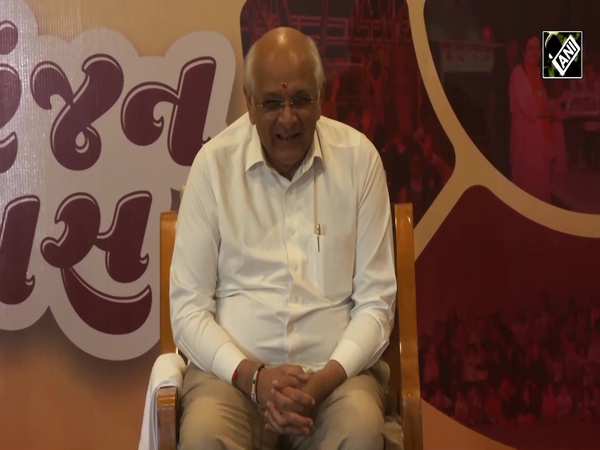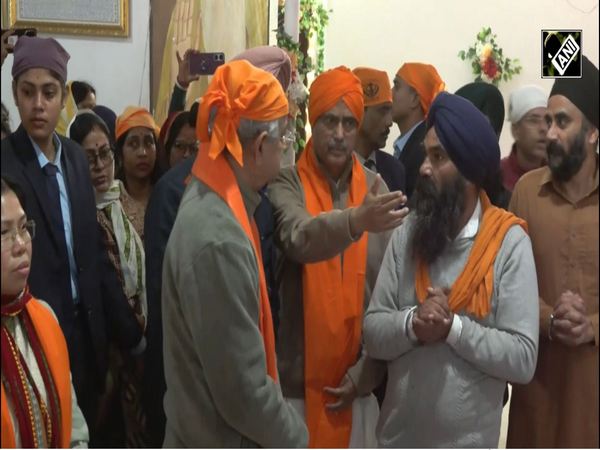German Embassy hosts fifth edition of GSDP Conversation Series at IIT Delhi
Oct 25, 2024

New Delhi [India], October 25 : The German Embassy in New Delhi hosted the fifth edition of its GSDP Conversation Series, titled "The Future of Work in the Digital Era: Indo-German Skills Development in Education and Training," at IIT Delhi.
The event was held under the Indo-German Partnership for Green and Sustainable Development (GSDP), according to the German Embassy in India press release. Leaders from academia, industry, and government participated in the event to discuss the evolving needs of the labor market and the importance of green and digital skills for future workforce readiness.
The key theme of the event centered on the importance of collaboration between India and Germany in areas of higher and vocational education to address challenges posed by digitalization, automation, and sustainability.
Panelists shared views on how education, technology, and industry collaboration can prepare young people for the rapidly evolving global labor market, particularly in areas involving Artificial Intelligence (AI) and green technologies.
Barbel Kofler, Parliamentary State Secretary from the German Federal Ministry for Economic Cooperation and Development (BMZ), stressed the interconnectedness of education, technology, and sustainability, according to German Embassy in India press release.
Kofler said, "At the end of the day, we need joint engagement to really reach the sustainable development goals. Everything is interlinked--education, gender equality, sustainability, and technology. If we combine these efforts, we will be able to achieve our common global goals like the SDGs."
She also highlighted the importance of investing in future generations. She stated, "The only hope for us to progress is to invest in the next generation and in sustainability. Technology plays a key role in this, and we must use it to close the gaps in education and skill development."
Nina Smidt, Director of Siemens Stiftung, expanded on the role of technology in education said, "With the use of technology and open educational resources, there's much more room for scaling, with an ambitious goal of reaching 60,000 students in the first two years."
Speaking about the significance of digitalization, Smidt said, "The digital era, particularly AI, is a reality. The question now is how to provide access to it equitably. We need to create awareness that AI can help create opportunities, and we should share success stories to illustrate how technology has been beneficial."
Chetan Arora, Department of Computer Science and Engineering, Yardi School of Artificial Intelligence at IIT Delhi, emphasized the transformative potential of AI in India, terming AI "very powerful and disruptive technology."
He said, "AI is a very powerful and disruptive technology, but at the end of the day, it is a tool. AI has the potential to help India scale services such as education and healthcare, where we may have limited resources but a large population to serve. AI can assist us in providing personalized education and quality healthcare to everyone."
He noted that AI plays an important role in enabling individuals with lesser skills to perform tasks traditionally reserved for higher-skilled professionals, according to German Embassy in India press release. He further said, "This will allow a broader segment of the workforce to participate in the future economy."
The event featured a panel discussion moderated by Uwe Gehlen, Head of Development Cooperation at the German Embassy. The panellists in the discussion were: A. S Subramaniyan, Vice President & Head Strategy and Sustainability, Siemens Limited India and Julie Reviere - Country Director, GIZ India.
The German Embassy in India noted, "One of the key takeaways from the discussion was the urgency of equipping young people with the necessary skills to thrive in an increasingly digital and green economy. The consensus was that both countries must work together to develop robust education and training systems that can respond to the rapidly changing demands of the labor market."
The Green and Sustainable Development Partnership (GSDP) between India and Germany was initiated in 2022 by Prime Minister Narendra Modi and German Chancellor Olaf Scholz, providing a framework for cooperation between the two countries in alignment with the 2030 Agenda, Sustainable Development Goals (SDGs), and the goals of the Paris Agreement.
The GSDP Conversation Series facilitates the development of this partnership through regular networking and idea sharing. It was signed at the 6th Indo-German Cabinet Consultations held in Berlin in 2022, according to the press release.
From the German side, the GSDP conversation series is hosted by the German Embassy in New Delhi, facilitated by the Federal Ministry for Economic Cooperation and Development (BMZ), and supported by the Deutsche Gesellschaft fur Internationale Zusammenarbeit (GIZ) GmbH.
Other German institutions involved in the GSDP are the KfW Development Bank, and the German National Metrology Institute (Physikalisch-Technische Bundesanstalt, PTB). The series will serve as a crucial platform for Indo-German development cooperation in achieving ambitious sustainability and climate goals.
